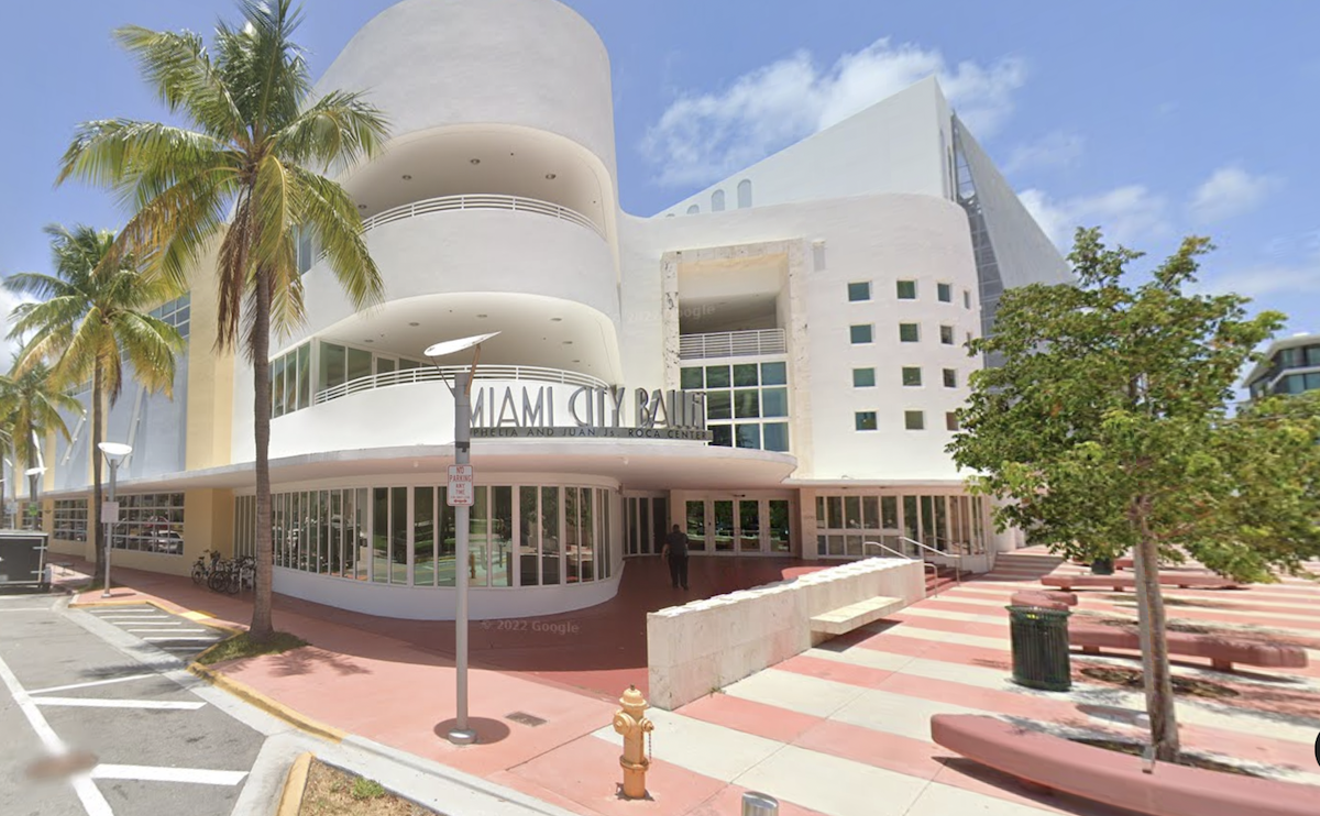Last month U.S. District Judge C. Clyde Atkins reaffirmed Pottinger, his landmark 1992 ruling that prevented City of Miami police officers from arresting homeless people merely for being homeless. Late last year, prodded by the city, an appellate court had asked that the judge revisit the case to see if his original ruling remains valid.
Atkins's answer: It does.
"The salient facts of this case have not changed substantially," he wrote in a 22-page judgment. "Though improvement in the overall situation is occurring...a large number of homeless people still have no place to go and the city, through its police department, still arrests homeless people for harmless activity."
The finding is only the latest development in a seven-year legal odyssey that shows no sign of ending. In 1988 the American Civil Liberties Union filed a federal class-action lawsuit against the City of Miami on behalf of three homeless men, including the man for whom the case is named, Michael Pottinger. The ACLU argued that the civil rights of these men, and by extension of all homeless people in Miami, were being violated. Specifically, the homeless were being arrested for eating and sleeping in public, even though they didn't have anywhere else to perform these basic, life-sustaining activities.
After four years of legal wrangling, Atkins agreed; in November 1992 he ordered the city to establish two "safe zones" where homeless people could live without fear of persecution. The city still has not complied with the injunction. Instead, its attorneys appealed the case and won a stay, which prevented the creation of the safe zones until the appellate court rendered a judgment.
That was more than two years ago. In the meantime, a newly created Dade County Homeless Trust was formed to address the problem throughout Metro-Dade. Armed with a $15 million annual budget, the 27 civic leaders who manage the Trust devised a plan to move most of the homeless off the streets and into various kinds of intermediate care. Fundamental to the plan is the construction of up to three 350- to 500-bed "homeless assistance centers," the first of which is scheduled to open late this year near downtown Miami.
In oral arguments before the Eleventh Circuit Court of Appeals in Atlanta, City of Miami attorneys claimed that the trust has been so effective that there is no longer a need for safe zones. The argument was persuasive enough that the appellate court sent the case back to Atkins to find out whether it was true.
Over five days in January and February, the ACLU convinced Atkins otherwise. Benjamin S. Waxman, president of the ACLU's Miami chapter, showed the judge 70 arrest reports. All were of homeless people, and all were for constitutionally protected activities such as passive begging. Waxman carefully noted that 40 of the arrests took place over a three-day period coinciding with the recent Summit of the Americas.
Atkins was also swayed by the ACLU's contention that there are still not enough beds in Miami to house the thousands of homeless people who remain on the streets. The mere fact that the Trust is constructing three shelters, he points out in his judgment, proves the lack of beds.
"In short, while the situation appears to be improving, at this time, a substantial number of homeless people still have 'no place else to go,'" he wrote, reiterating his 1992 assertion.
Atkins was asked by the appellate court to clarify some misconceptions about his original injunction. He did so with relish, asserting that some City of Miami employees "have been misusing the injunction and misrepresenting it to the public in ways the court is shocked to think about." A few workers, he elaborated, have told citizens that the city could not fix a broken fire hydrant because of the injunction, and some other workers said homeless people were free to extort pocket change from commuters who wanted to park at public meters. "The court cannot imagine how city employees got the idea that the injunction (as inoperative as it is under the stay) stated or implied either of these things," he wrote, and ordered the city to better educate every employee affected by the edict.
The appeal is expected to be affirmed or denied within the next few months. Waxman is "guardedly optimistic" that the court will rule in the ACLU's favor. Assistant City Attorney Leon Firtel, likewise, is upbeat. "I think that basically the entire city is a safe zone because we are not arresting homeless people," he says. Both sides promise to appeal if they lose.
The city, in fact, has plans to contest Atkins's latest judgment, independent of the original appeal. "This case is going to the Supreme Court of the United States," Firtel predicts.










